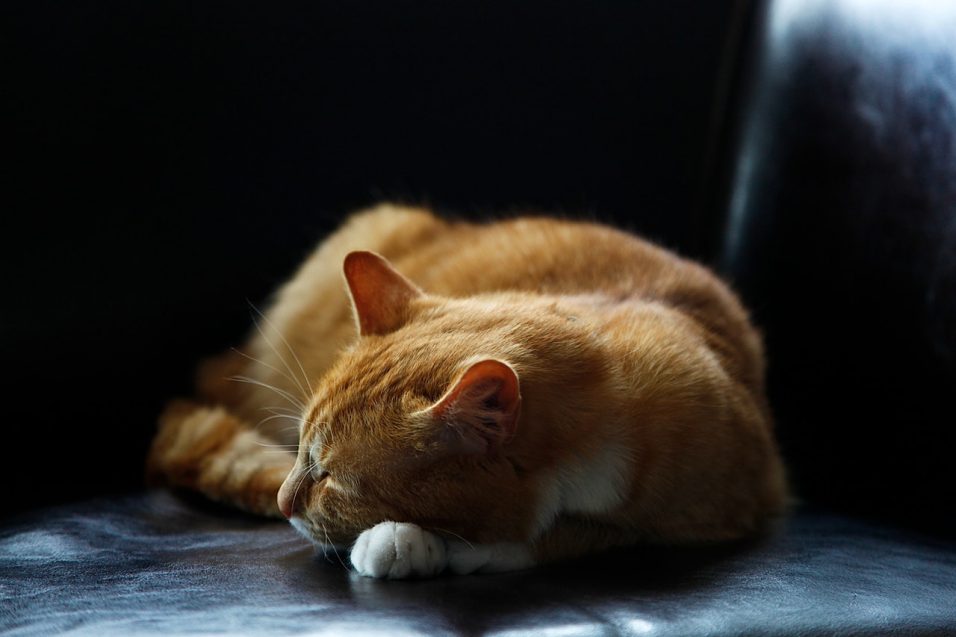Writing isn’t easy. Well, no, it is easy in the sense that you’re not climbing a mountain without oxygen, or living with some terrible affliction, or working in a salt mine. Or maybe you are doing one of those things and writing is even harder because of it, I don’t know, I can’t see you. But writing a story is just thinking of an idea and then typing or scratching at a piece of paper until you’re done. It’s not exactly negotiating Middle East peace or performing brain surgery.
On the other hand, writing isn’t easy. Every writer has failed novels, abandoned projects, or juvenelia they would very much prefer to bury somewhere deep. For those of us who have two jobs, or debilitating circumstances, or other difficulties, writing gets even harder. Often the only time you have to write is after hours, or in snatches here and there throughout the day. Not everyone can just take off for a writing retreat, or easily find an hour every day to sit in a quiet, well-lit place and think.
So, take this advice with a grain of salt: Don’t work when you’re tired.
Screw the Word Count
It’s no secret I’m not a fan of word count as a metric of writing success. I understand a lot of folks find it useful and that’s great, but one reason I disparage its use is the way it makes people believe that pushing yourself to drop words onto the page long after you should give up, have a beer, and take a nap. Daily writing goals are great when they inspire you to produce quality work. The trick is to be critical of your daily production, and ask yourself whether the words you’re forcing yourself to write are any good.
Often, when I’m struggling with a scene or some other aspect of a story, the easy fix literally is easy: I quit. I go to bed. I go watch something. I read a book. When I’m tired and frustrated, the worst thing I can do is force myself to keep working.
And sometimes that’s tough, because maybe I’ve had a string of days where I haven’t gotten much done, and I’m getting that weird feeling I might never write anything good ever again, and all I want before I turn in for the night is to feel like I wrote a good sentence or paragraph, so I’ll have someplace good to pick up from the next day.
The trick is, I usually write that good sentence the next day.
You do you, by all means. But next time you’re bleary-eyed and yawning and wondering why you can’t hit that word count you set for yourself, maybe take a nap instead. Then again, I think pants are unnecessary in the modern age, so listening to me is dubious at best.


This is the best advice I’ve ever read.